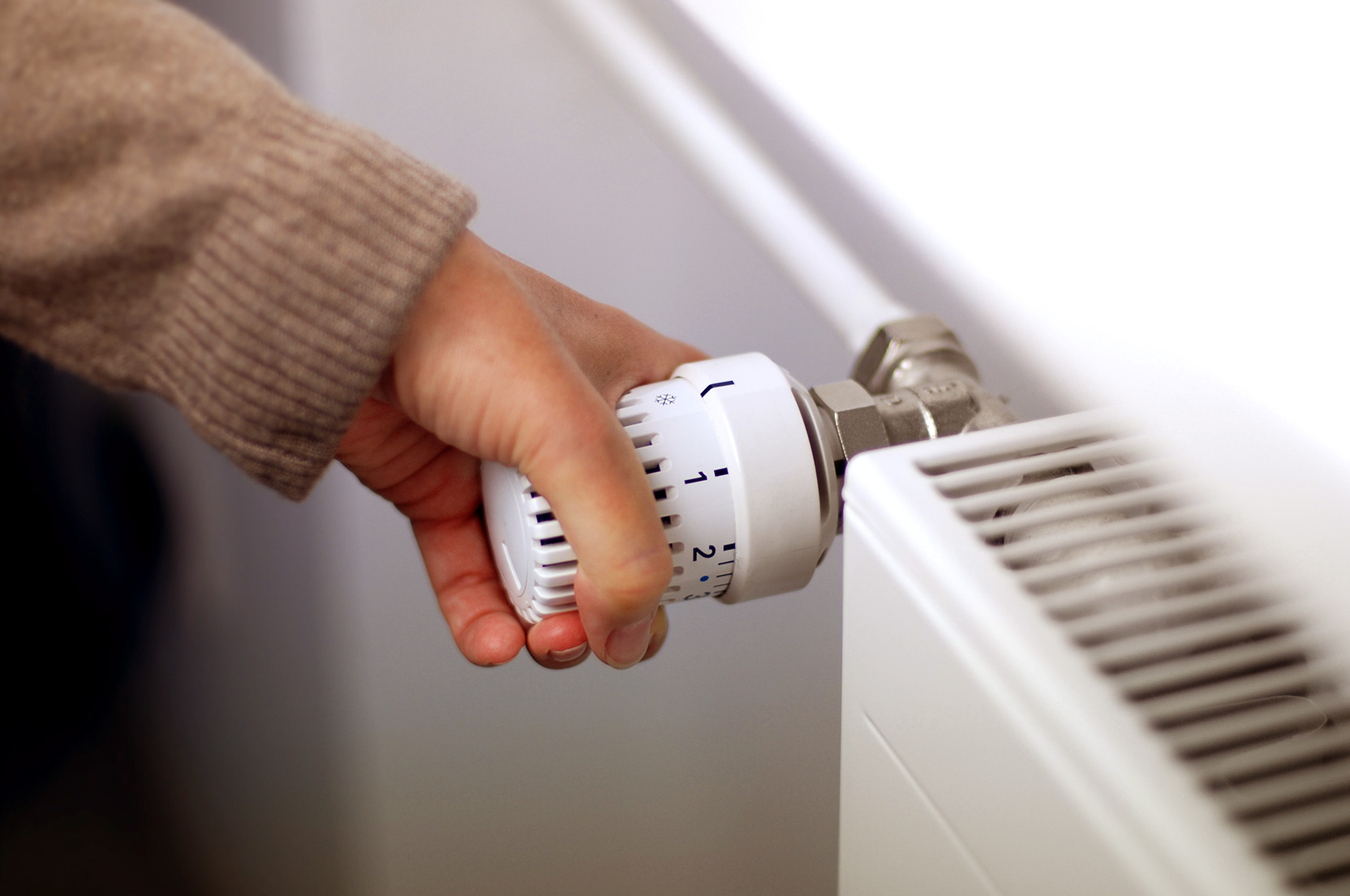Elevate Your Energy Efficiency

With gas and electricity prices continuing to rise rapidly compared with last year, over half of adults in Great Britain are using less fuel in their homes due to cost of living increases, according to the Office for National Statistics. Given that energy bills look set to remain high in 2023, we provide some tips on how to save energy in your home and show how much you could save.
Turn down your thermostat
According to the Energy Saving Trust, a simple adjustment of turning down your thermostat by just 1˚C could save on average £145 per year on energy bills. While there isn't a specific recommended temperature for heating homes, general guidance from the World Health Organisation suggests keeping indoor temperatures between 18 - 21˚C for optimal comfort.
Take a shorter shower
Taking shorter showers to around 4 minutes, you could save £95 a year. If your supply is metered, a typical household could save an additional £60 a year, according to Energy Saving Trust. To cut down your shower time, follow these three basic steps:
- Get organised in advance. Get your towels, shampoo, and shower gel ready to avoid wasting time and water once you turn on the shower.
- Consider using a shower timer, either a digital or sand timer, conveniently placed on your shower wall. It will help you track and limit your shower time effectively.
- Practice pausing the water flow in your shower while applying shampoo or conditioner. This simple habit can assist you in meeting your goal of keeping your showers within a reasonable 4-minute time frame, conserving water in the process.
Avoid tumble dryers
Air drying your clothes instead of a tumble dryer could save £70 a year. Dry your clothes outside or on an indoor drying rack; it’s a much more sustainable, cost-effective way of drying clothes. If you need a tumble dryer, try a lower temperature or quick dryer cycle.
Wash clothes at a low temperatures
Wash clothes at a lower temperature to help reduce energy consumption
and avoid washing half loads or half-filling the dishwasher to save water. Going from 40˚c to 30˚C can give you 3 rather than 2 cycles with the same amount of energy.
Lower your radiator valves
Lowering your thermostatic radiator valves to the midway point could save £68 a year. In cold weather, the Health Security Agency advises homes be heated to at least 18˚C, with the general advice being 18-21˚C. Look at what your valves are set at and try turning them down - if that’s too cold, you can always turn them up a bit.
Turn off from standby mode
The average household could save around £65 a year, by switching appliances off at the wall and not leaving them on standby. Do check the instructions – some satellite and digital TV recorders may need to be left plugged in to keep track of programmes you want to record, and fridges and freezers need to stay on all the time. Laptops, TVs and game consoles can be turned off standby.
Choose energy-saving light bulbs
Lighting takes up around 5% of an average home’s total energy bill, so reduce the amount of energy you use by replacing halogen bulbs with LED or CFL bulbs. By replacing all the bulbs to LEDs, it could save you around £65 a year, but check first that light fittings are compatible with LEDs and if in doubt, check with a qualified electrician before making any changes. Also, remember to turn off lights when leaving a room.
Choose a water-efficient shower head
Changing to a water-efficient, eco-shower head, which aerates water flow through the shower, you’ll use less water while still enjoying a similar shower experience but save around £45 a year.
Close curtains and blinds at night
Stop warm air from escaping through windows and help reduce heating costs, especially if you have radiators below windows.
Avoid overfilling the kettle
Fill your kettle with the amount you require. Over-filling your kettle could cost you an extra £13 a year.
Track on an app
If you have a smart meter, there are free apps that enable you to track your hourly energy usage over days, weeks, months or years, helping you to find the best ways to reduce usage and save on energy bills.
These tips should prove valuable in making your home more energy-efficient and reducing usage and costs. If you are concerned about your expenses, we strongly advise against cutting back on your insurance cover. It may seem like a way to save money in the short term, but it can be risky. Should you need to make a claim and are underinsured, you may have to foot the bill yourself.
Our business is your protection: to discuss any aspect of your home insurance, whether you wish to arrange, renew or discuss changes, call us on 01992 703 300 or email insurance@nlig.co.uk

